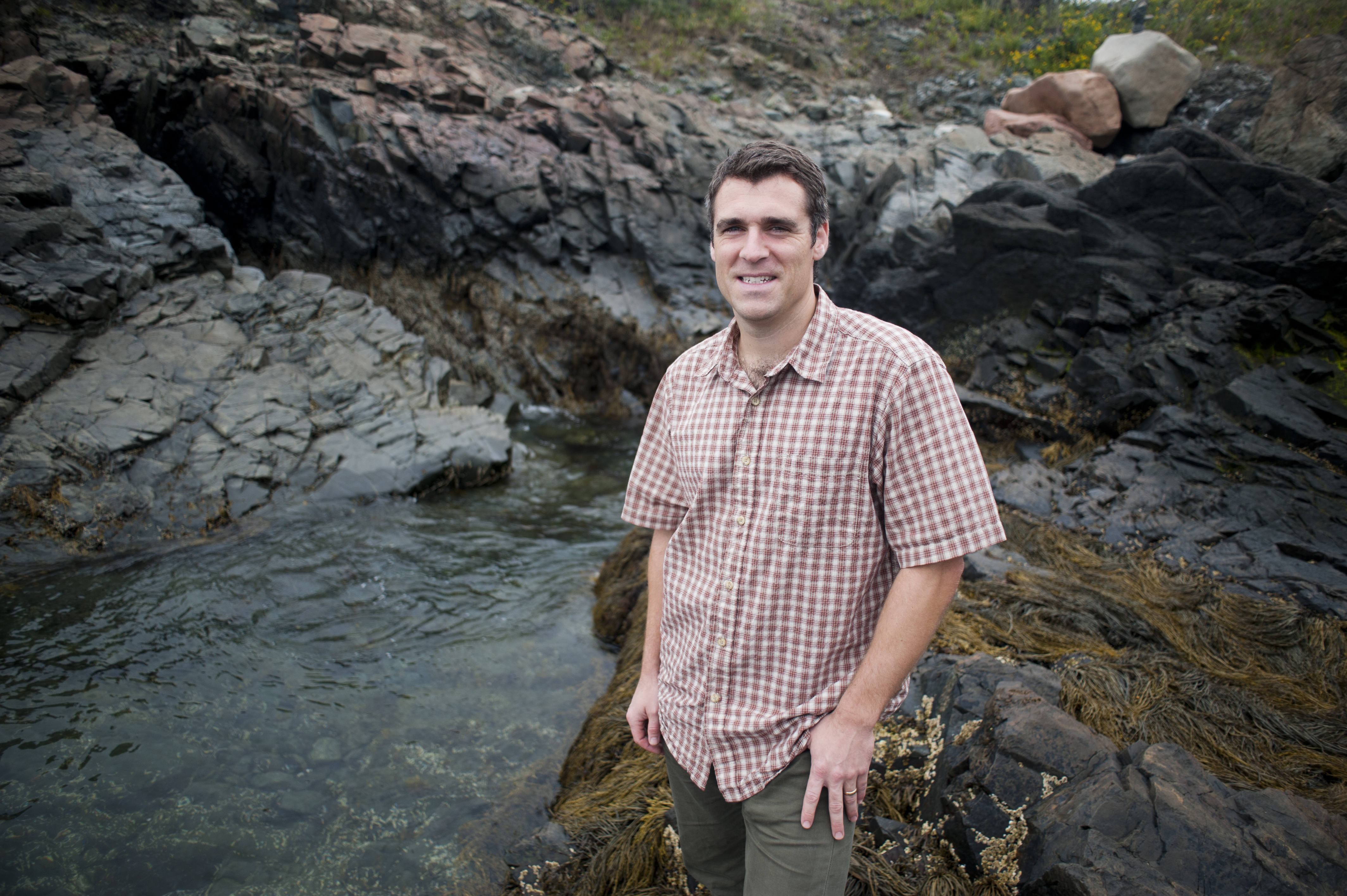Since joining Northeastern in 2013, Associate Professor Justin Ries has been conducting innovative research at Northeastern’s Marine Science Center in Nahant into the impacts of changing ocean chemistry on shell-building marine organisms, such as corals. Now, as the recipient of the prestigious Hanse Wissenschaftskolleg (HWK) fellowship, Ries will have the opportunity to investigate this subject through collaboration with three world-renowned German climate science and marine research institutions.
The sponsor of the fellowship, HWK, is a non-profit German foundation with the goal of advancing cutting edge research in four target areas: marine and climate research, neuro- and cognitive sciences, social sciences, and energy research.
The ten-month fellowship-in-residence will support a collaboration between Northeastern University and three marine and climate science institutions in northwestern Germany: the Max Plank Institute for Marine Microbiology, the Alfred Wegener Institute for Marine and Polar Research, and the Lebniz Center for Tropical Marine Ecology. Ries will use the opportunity to develop novel methods for assessing the impact of ocean acidification on the internal micro-fluids of calcifying corals.
Corals are complex organisms in that their metabolism relies upon the relationship between an animal host and an algal symbiont. The process by which they make their calcium carbonate skeleton (the “reef”) reflects this metabolic complexity. Corals are only found in a few ocean habitats because they require very specific conditions for growth, such as narrow ranges of temperature, light, and—as Ries is finding out—ocean acidity, to form their skeletons. Seawater is made more acidic by increased carbon dioxide (CO2) emissions, a process known as ‘ocean acidification’. The world’s oceans have already seen a slight increase in acidity, and this acidification is projected to continue in the coming decades.
Studying the impact of ocean acidification on the internal micro-fluids of complex organisms such as corals requires a broad range of tools – so broad, in fact, that Ries must pool the resources of several research institutions in order to execute the project. This is why the collaborative nature of the HWK fellowship is essential for his research, and why Ries was an ideal candidate for the fellowship.
This unique multi-institutional collaboration, made possible by the HWK fellowship awarded to Ries, will enrich and stimulate the research activities of all organizations involved and should help pave the way for future international collaborations with Northeastern’s Marine Science Center.

